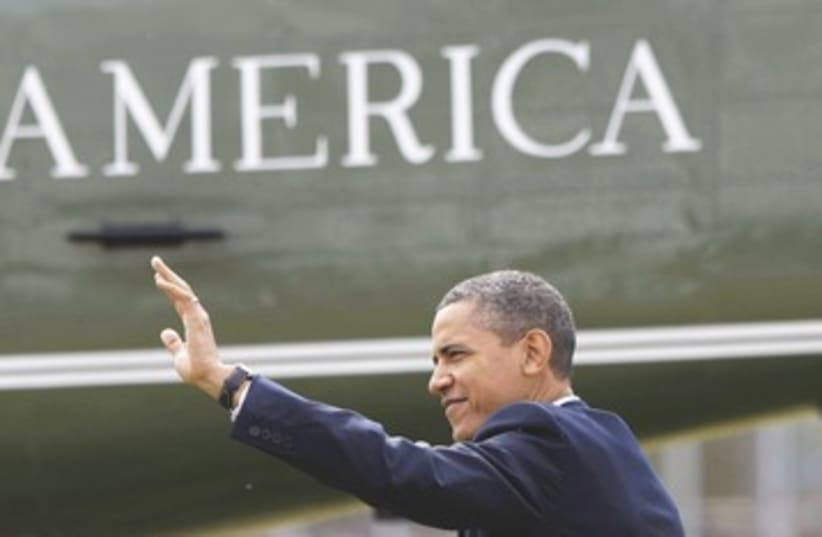One might well ask why the iniquities of colonialism have not afflicted, say, Hindimajority India, whose people were certainly “denied rights and opportunities” under the yoke of British Imperialism in the same way.Why do we not hear cries of “Kill for Krishna” or “Ganesh is Great” from embittered Hindi terrorists blowing themselves up in crowded buses, markets, cafes and mosques as we do across the Muslim world – including in neighboring Pakistan? Or see aggrieved followers of Shiva embarking on a global holy war to subjugate all to the Hindu creed? Why has India been able to put its colonial past behind it and become a vibrant economic juggernaut? Why has it not allowed itself to remain tethered to the past and mired in homicidal frustration? Indeed, since by far the greatest victims of Muslim violence are other Muslims, rights and opportunities allegedly denied by foreign occupiers seven decades ago seem a poor explanation for such horrific conduct.Modernity as culprit
Obama not only singles out colonialism as the root of Muslim tensions with the West.He points an accusatory finger at phenomena that in some respects might be considered the diametric inverse – modernity and globalization – declaring that “the sweeping change brought by modernity and globalization led many Muslims to view the West as hostile to the traditions of Islam.”Some might consider that strange. After all, Islam is the youngest of all major religions, being founded centuries – even in some cases, millennia – after Hinduism, Buddhism, Judaism and Christianity. So why would the newest religion find that the developments of modernity threaten its traditions in a manner that apparently do not threaten the traditions of faiths far more ancient? Why do they not generate the same tensions with the West that we find in the case of the Muslim faith? Could it perhaps be that Islam is fundamentally incompatible not only with modernity but with anything that is not Islam, and that Obama cannot – or worse, will not – recognize this?Why all this matters The fact that a US president could give such a patently inaccurate assessment of Islam and the realities in the Muslim world – especially one supposedly intimately familiar with both – is deeply disturbing for Israel.Remember, it was he who declared that the “partnership between America and Islam must be based on what Islam is, not what it isn’t.”What drove him to do this is crucial and what motivates the administration is of definite significance as the 2012 elections approach. After all, if the pro-Israel elements apparent in some of the recent actions of his administration are the result of perceived electoral constraints alone, the issue of how Israel will be treated by a second-term president, with a fundamentally adversarial agenda and free of reelection concerns, becomes acute.In this regard, Obama’s primal sentiments toward Israel should be assessed within the framework of his overall weltanschauung. In many ways the inputs that have gone into shaping his geo-political credo cannot but generate a sense of unease – both in terms of his associates and of his formative environment.His perception of the international role the US should play, the nature of its interests and the manner in which they should be pursued seems to be a dramatic departure from that of most of his predecessors, including a deepseated belief that Islam is not inherently inimical to American values.There is, thus, a distinct possibility that Israel could face a second-term president who is fundamentally unmoored from America’s Judeo-Christian heritage, a heritage, which despite occasional periods of tensions, was for decades the elemental underpinning of the relationship between the two countries.The prospect of a White House incumbent with an inherent affinity for Israel’s adversaries and unshackled by considerations of reelection is one that must be considered with the utmost seriousness.How to contend with such a dire eventually will be taken up in a forthcoming column.
www.martinsherman.net
